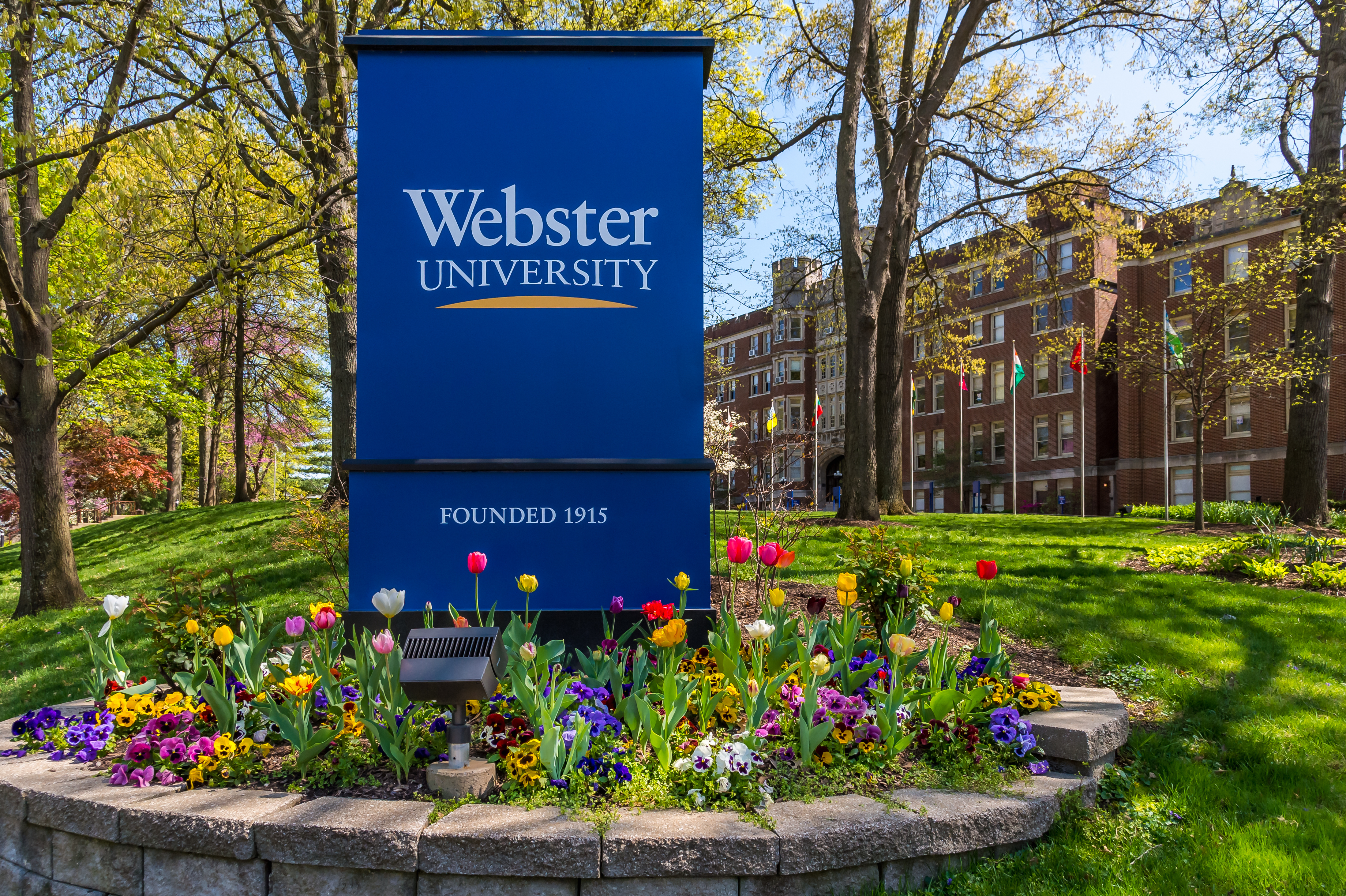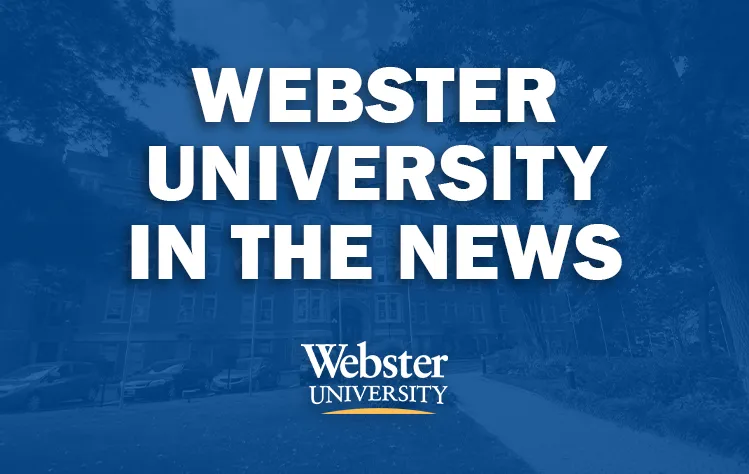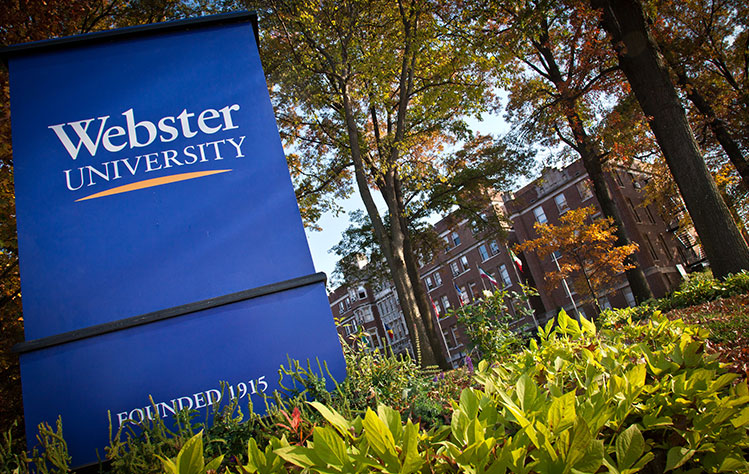Transcript
[Subtle music plays]
[Footage of students gathered outside the University Center with Webster University
signs in background]
Text on screen: College of Humanities and Social Sciences Forensics and Debate
Student Andrew M.: Being a part of this team here at Webster University has made me really thrive to
be better. It's not only just here competing, but I've become part of a family here
that I genuinely don't think I could have anything that's like this experience otherwise.
[Photo of team members having fun at an event]
Student Emma T.: This team means so much to me. It's like a family. It's helped me find a place at
Webster. We're learning how to be better speakers and also be better people.
[Photos of team members meeting and attending a conference]
Student Madi T.: These experiences are helping me in both my everyday life and how I can see them
helping me in the future, by building my voice as a person. Speech and debate has
something that was always interesting to me, because law is something I want to do
at some point in my life. I'm actually looking at law schools, and I know that debate
would give me really good practice for that in the future.
[Photo of Madi holding up an award she won at a competition]
[Photos of team members getting ready for a competition and attending a conference]
Student Jonathan A.: Forensics and debate absolutely improves on your public speaking skills. It improves
on your personal confidence, not just with speaking itself, but also in other areas
of your life. As a sports communications major, the forensics and debate team really
allows me to work on my craft and it directly helps me with my major. I get to be
more prepared for communication, both with the writing and the speaking side of things.
[Photo of Jonathan holding up four awards he won at a competition]
[Photos of team members heading to a conference and a video of team members meeting
in the team room]
Student Emma T.: All of that forensics growth has translated right into my personal growth as well.
I feel like I have the skills to be interviewed. I know what to say in interviews
for my future job. I am very comfortable speaking in front of a group of people because
of forensics. So even like in the smallest ways, forensics can really help me with
my future.
[Photos of Madi and team members dressed up at a conference]
Student Madi T.: I am usually a very shy person when I first meet people, and it takes me a little
bit to get used to them and to be able to open up. But this experience of constantly
going to new places, constantly meeting new people, having to share my thoughts in
very succinct ways, I know will be helpful in my professional life by continuing to
build those skills.
[Photo of Andrew speaking at a debate event]
Student Andrew M.: I have tried events that I would have never been imagined myself trying. Never could
I have imagined telling my 17 year-old self, hey, you're going to be a, you're going
to be a debater who will go on to be first place in tournaments. And I thank the coaches
and the team for that a lot. I don't think I'd be where I am here as a person today
without this team that I'm a part of.
[Photo of Andrew and Jonathan holding a first place trophy]
Text on screen: Webster University logo, webster.edu
[screen fade to black]








